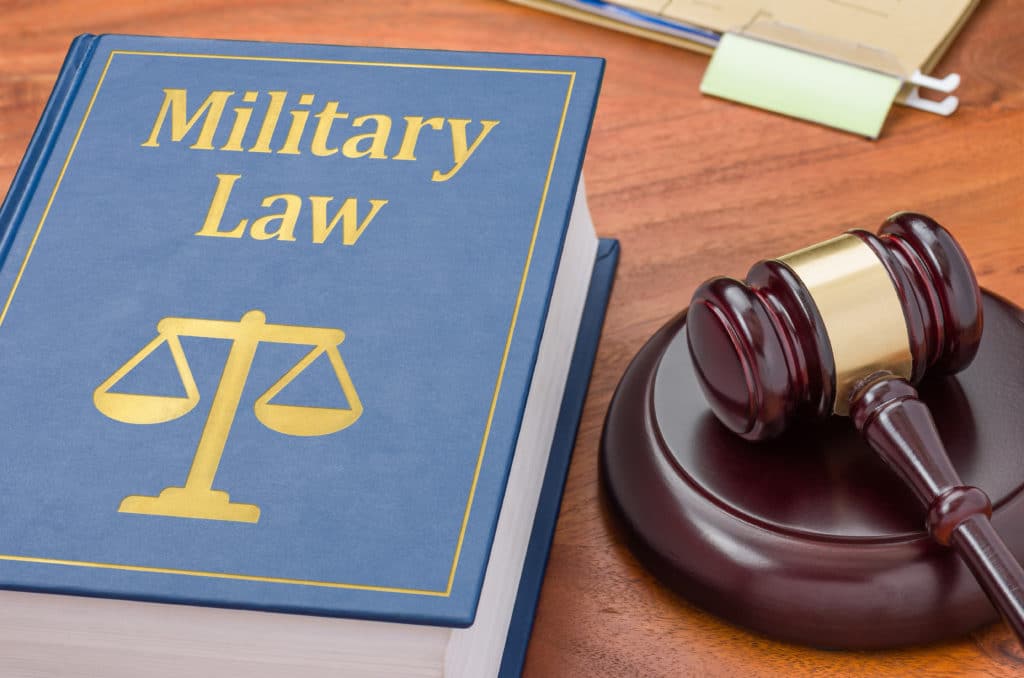The Military Justice Act, passed in 2016, took effect on January 1, 2019. Among the many changes to military justice practice the new law includes adjustments to sentencing procedures. These changes seem primarily to address the disparity in sentences under the previous procedures.
Until this year, if an accused elected to be tried by members and was found guilty of an offense, then the members would also decide the sentence. With the exception of a mandatory dishonorable discharge for certain sexual assault offenses, the UCMJ does not mandate minimum sentences. The lack of a minimum for sentencing, particularly with regards to confinement, meant that members, who usually have limited exposure to military justice, were left with only the recommendations of the attorneys to go on when determining an appropriate sentence and led to wildly different sentences for similar crimes. In order to combat this disparity, the new rules make the military judge the default sentencing authority.
Under the new procedures, even if a servicemember elects trial by members, he or she will be sentenced by a military judge unless he or she chooses to be sentenced by the members. The way in which a military judge decides and announces a sentences is also different. Instead of the unitary sentence for all offenses under the old system, now military judges will announce a confinement amount and a fine for each offense. So if a servicemember is convicted of two different offenses at the same trial, the military judge will announce separate sentences of confinement and, if applicable, fines for each of those offenses. The judge will also decide whether those confinement sentences are to be served concurrently or consecutively.
However, in cases where the servicemember was tried and convicted by members and chooses to have the members decide their sentence, the procedure remains the same as it was in the past. The members come up with one single sentence that accounts for all of the offenses of which a servicemember is convicted.
Another change in 2019 is the Government’s ability to appeal sentences that it believes violates the law or is plainly unreasonable. This change allows the Government to challenge sentences that it believes are unreasonably low and seems to be another avenue to address disparate sentencing in the military justice system.
If you or your loved one is facing a court-martial or want to appeal a court-martial, you need someone with experience who knows the Rules and the system. I have the experience you need. Please contact Bill Cassara for a free consultation.

